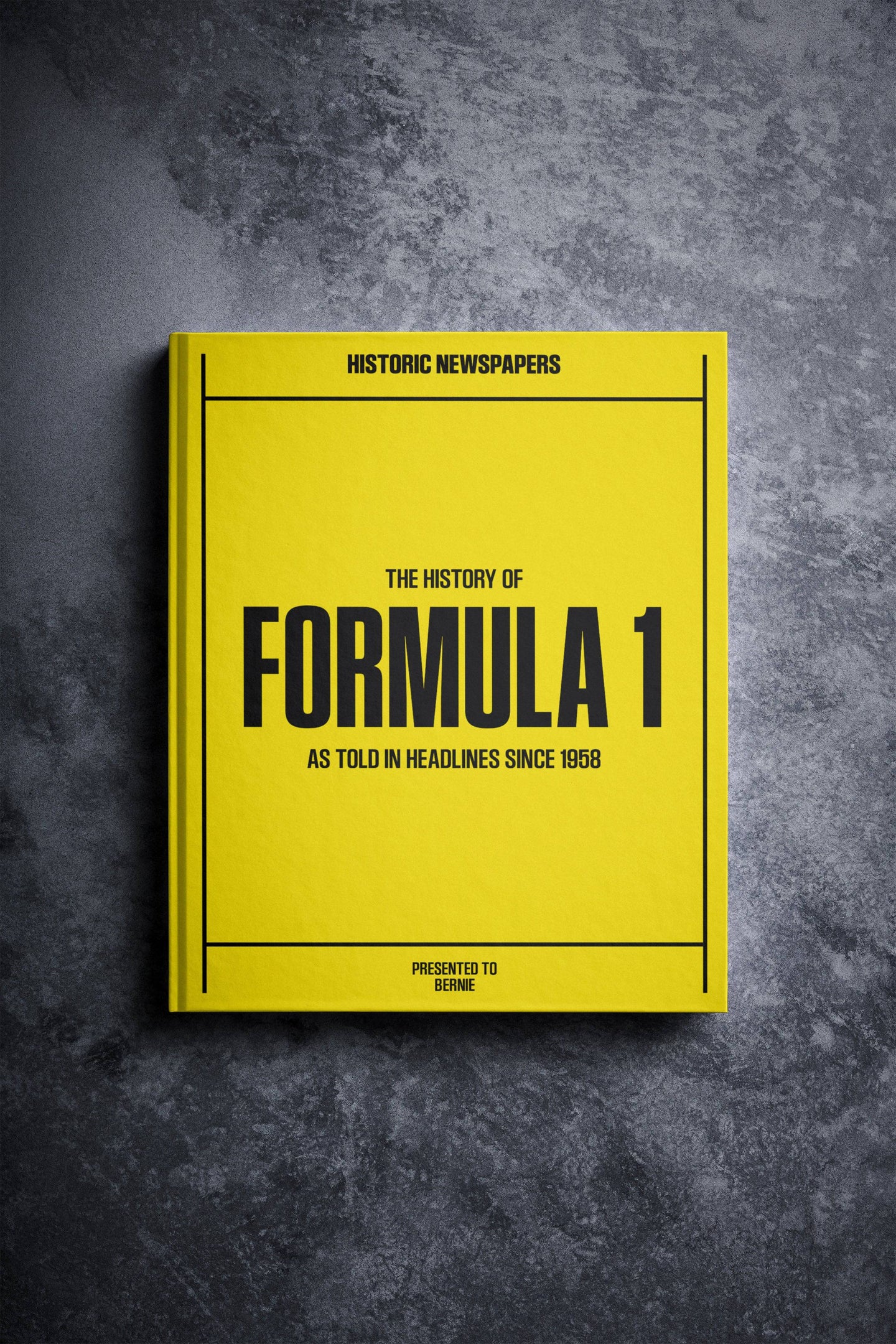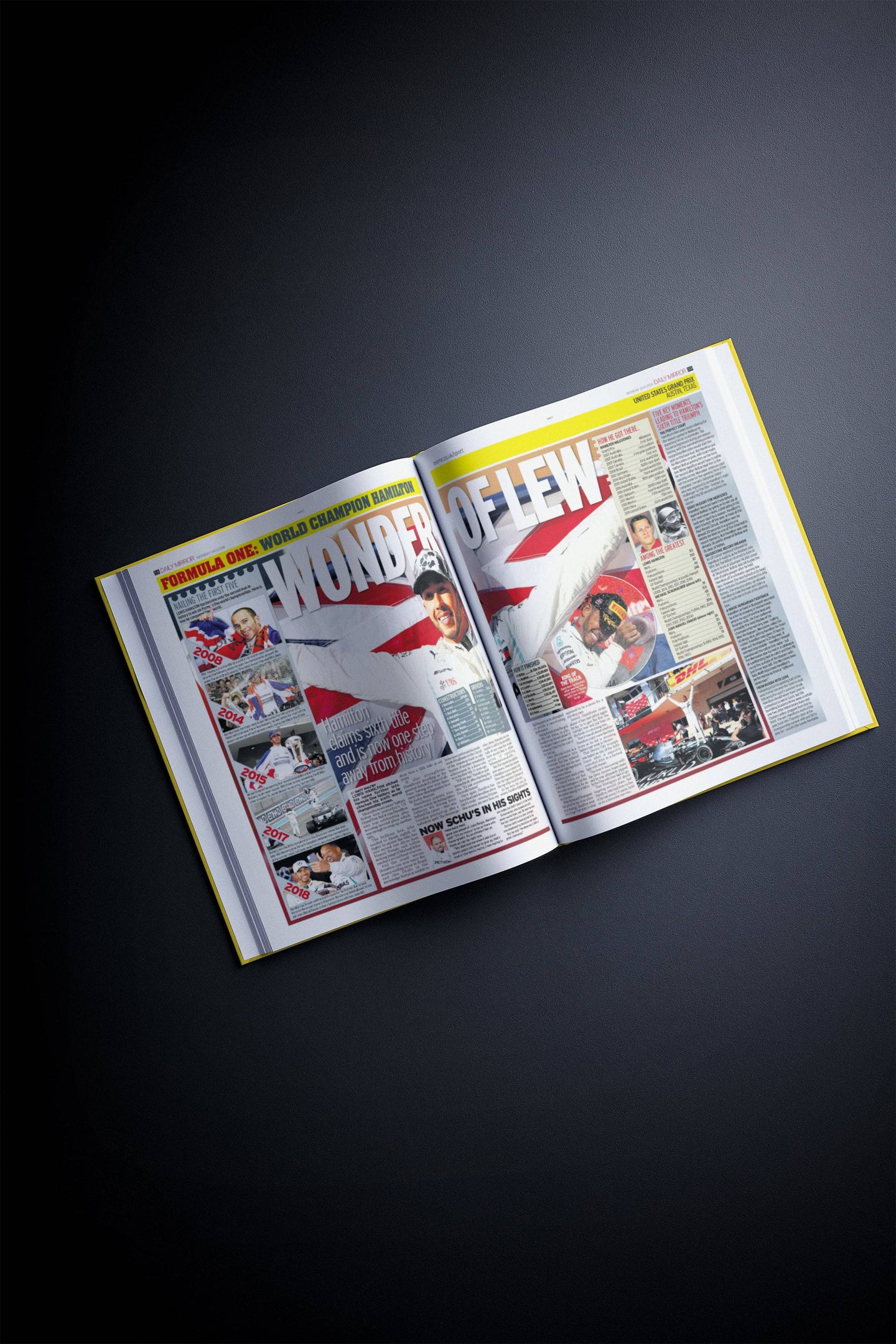The Observer is part of the Guardian Media Group owned by the Scott Trust together with The Guardian and Manchester Evening News. It is a weekly newspaper printed on Sundays and has a circulation of 175,905 as of March 2018. Editorial articles in The Observer are currently generally slightly to the right of its sister paper The Guardian, taking a liberal/social democratic line on most issues. The Observer newspaper officially endorsed the Liberal Democrats for the first time on 2nd May 2010. The Observer is one of England’s top quality newspapers with a specialisation in foreign coverage and is noted for its responsible journalism. The paper also reports on various different topics, such as the arts, government, education and politics. Exploring the Observer archive can help you find original copies of the newspaper, dating as far back as 1900.

History of the Observer
The first issue of The Observer was printed by W.S. Bourne on 4th December 1791, making The Observer the world’s first and oldest Sunday newspaper. Having reported on numerous events in history, the Observer siding with the north during the American Civil War had a dramatic effect on the decline of readership at the time.
The Observer has had a number of owners. The newspaper was purchased by William Innell Clement in 1814 and in 1870 Julius Beer bought the paper. On the death of Julius Beer in 1891, the newspaper was inherited by his son Frederick and Frederick’s wife Rachel became editor- a position she held until the death of Frederick in 1904. Rachel Beer also edited the Sunday Times newspaper, which she had bought in 1893.
The Observer was sold by the executors of Frederick Beer’s will to Alfred Harmsworth (later Lord Northcliffe) of the Daily Mail in 1905. In 1911, William Waldorf Astor (1st Viscount Astor) purchased the newspaper from the Harmsworth family and the paper remained in the Astor family for over 65 years. Waldorf Astor (2nd Viscount Astor) inherited the paper on the death of his father in 1919- Waldorf Astor’s wife Nancy Astor became the first woman MP to sit in the House of Commons, when she won her husband’s parliamentary seat in a by-election following his elevation to the peerage. The newspaper at this time was a supporter of the Conservatives due to its ownership and editorship of J L Garvin- which ended after 34 years in 1942. Subsequently, the paper declared itself to be non-partisan (not influenced or affiliated with any one political party).
The Observer first carried news stories on the front page in modern times on 1st November 1942- the front page had previously been dedicated to advertisements which helped towards paying for the costs of producing the newspaper.
Waldorf Astor handed over control of The Observer to his sons in 1948, with David Astor becoming the papers editor for 27 years. David Astor turned the paper into a trust-owned newspaper. The paper also became free from political allegiance when David Astor became proprietor and editor. He converted it into a non-party publication and the paper was established as the voice of post-war liberal Britain. However, in 1977 the Astors sold the newspaper to the US oil giant Atlantic Richfield (now known as ARCO), who sold the newspaper to Lonrho in 1981. Finally, The Observer became the sister paper of The Guardian newspaper in June 1993 when it was acquired by the Guardian Media Group. The Guardian Media Group obtained the newspaper when it was virtually on the brink of closure.
![]()
Later Issues
The Observer was a broadsheet newspaper until 1st January 2006, changing to the Berliner or mid-size format on 8th January 2006. It was then that the Observer became the UK’s only full colour Sunday newspaper. Since 2018, The Observer has been in tabloid format. The redesigned Observer launched in 2010 and was published with 4 sections – news, sport, the Observer magazine and New Review section.
The Observer colour magazine (first printed 6th September 1964) is one of a number of regular supplements currently provided with the newspaper. In addition, the newspaper provides each week the Sport, Review, Television, Escape (travel section), and Business & Media newspaper supplements. Furthermore, The Observer each week has a different monthly magazine in rotation on Sport, Music, Women and Food. The Observer Music Monthly started publishing in 2003 alongside the paper’s other existing magazines, and in 2006 the Observer Woman is launched. In 2018, the Observer website was redesigned and activated to tie in with the new tabloid Guardian.


























Follow us